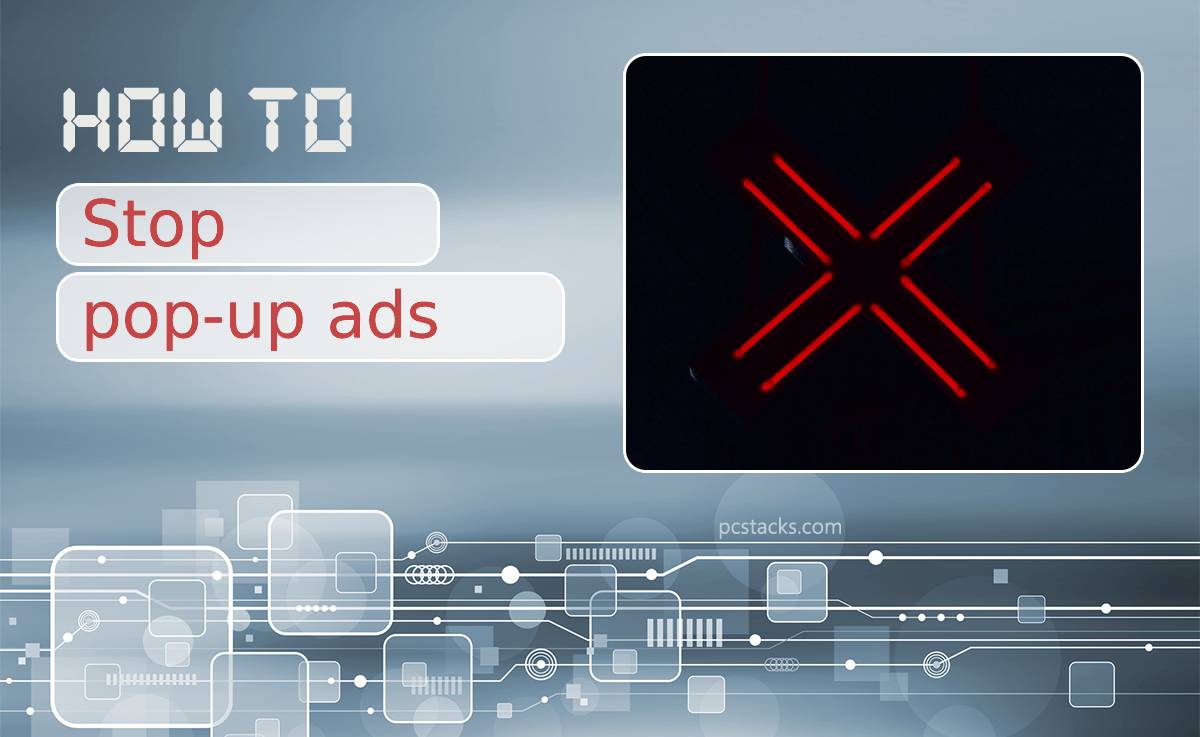Whether you’re browsing the Internet, writing an email, chatting with your friends, or streaming a film, pop-up ads can be irritating. Not only do they interrupt your workflow and waste your time, but some of them can be part of a scam or a cybersecurity attack. Let’s look at different pop-up ads and learn how to stop them.
A big part of website security is also hosting. Thus, a quality hosting provider is a must. One thing that sets WPMU DEV’s hosting platform apart, is that as well as having all the hosting features you’d expect – it also comes built-in with 7 pro WP plugins – covering performance, security, backups, and more. Get 20% off any of their plans here.
Table of Contents
Website Advertising

Many websites use pop-up ads to grab your attention and generate advertising revenue. Usually, these legitimate pop-ups are mildly annoying. However, some websites can barrage your screen with pop-ups and only lose web traffic as a result.
Adware
Adware is malicious software that hits your screen with pop-up ads to help its authors make marketing money. Some adware can also track your Internet activity to target you with ads or sell your browsing activity data to third parties.
More malicious adware may also install unwanted toolbars and browser hijackers on your computer. You can usually tell if a pop-up source is an adware because adware pop-ups are more frequent and less subtle than legitimate website pop-ups. Moreover, you may be hit by adware pop-ups even when your browser isn’t active.
Tech Support Scam
Malware similar to adware usually triggers tech support scam pop-ups. And such pop-ups use social engineering to manipulate your emotions and attack your data. Typically, tech support scam pop-ups warn you that your computer has a virus and ask you to call a number to speak to someone at tech support.
The pop-up may even show your IP address and general location to make the scam more convincing. When you call the number, the scammer may ask for your credit card data to pay for a software patch or ask you to download software for remote access control. With a backdoor to your computer, the hackers can steal your confidential information swiftly.
Ransomware Attack

Ransomware attacks are sudden and scary. They either lock your computer, encrypt your data, or both, and use a pop-up to deliver a message.
The message usually tells you that you’ve lost access to your computer, and you must send a bitcoin payment within a few days, or the ransomware will delete your files permanently. Sadly, there’s no guarantee you’ll get your computer back after paying the extortionists.
How to Stop Pop-Up Ads
Stopping pop-up ads from legitimate or illegitimate websites is easily done with a free ad blocker extension for web browsers like Chrome, Edge, Firefox, and Safari that blocks malware, scams, third-party ad trackers, cryptojackers, and malicious pages.
Good anti-malware technology will also protect you from ransomware strains. To remove adware, download anti-malware software that remediates viruses, adware, and spyware. Alternatively, you can try a tool called AdwCleaner. Renowned English newspaper, The Guardian, recommends you download it from a legitimate source like MajorGeeks to avoid fake versions.
You’ll need to practice good computing hygiene to prevent malware that uses pop-ups from infecting your PC or Mac. Please activate your firewall to stop malicious traffic from breaching your network. And always use licensed software and update it regularly. Finally, don’t visit untrustworthy websites and avoid downloading potentially unsafe software to keep your system clean.




